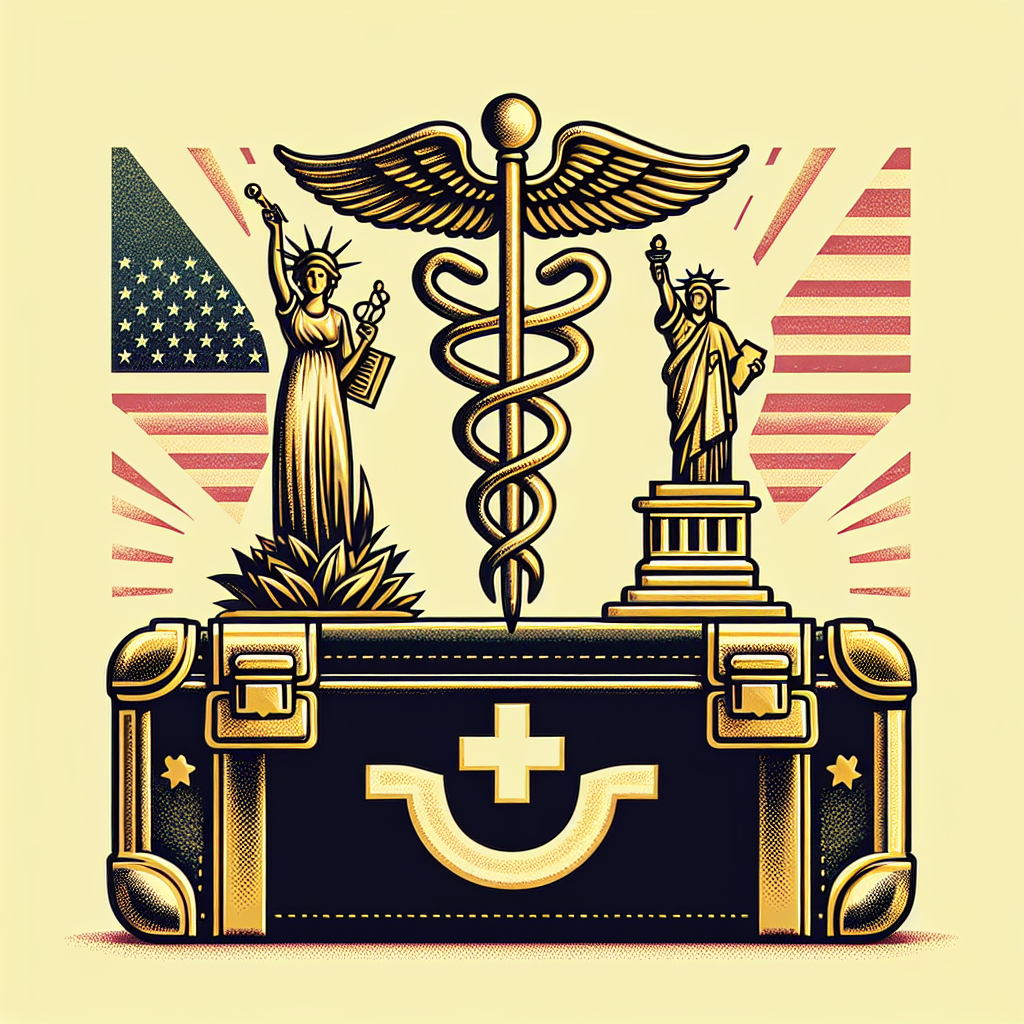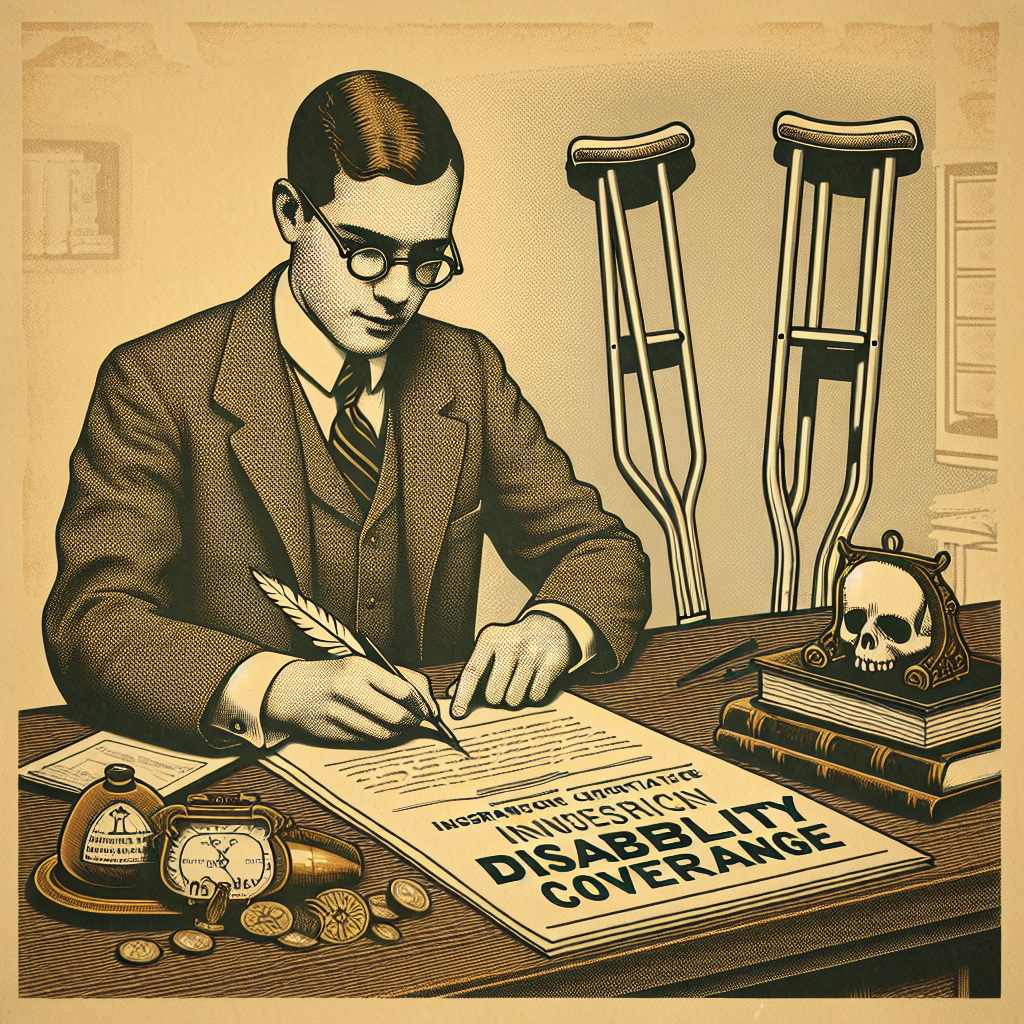Filed under Health Insurance on
Master Health Insurance Underwriting with Top Courses

In today's ever-evolving healthcare landscape, understanding the nuances of health insurance underwriting can differentiate you from your peers. Whether you're an insurance professional looking to expand your knowledge or a novice eager to enter the field, mastering health insurance underwriting is a skill that can significantly impact your career trajectory. In this comprehensive guide, we explore the top courses that can elevate your expertise in health insurance underwriting, keeping you at the forefront of industry trends and best practices.
Why Health Insurance Underwriting Expertise Matters
Health insurance underwriting is crucial in determining the terms and pricing of insurance policies. As healthcare costs continue to rise and regulations become increasingly complex, the demand for skilled underwriters has never been higher. By mastering health insurance underwriting, professionals can make informed decisions that benefit both the insurer and the insured, balancing risk assessment with profitability.
Moreover, with the advent of data analytics and technological advancements, underwriters must adapt to new methods of assessing risk. Understanding how to harness these tools to assess applicants' risk profiles and make data-driven decisions is invaluable.
Top Courses to Master Health Insurance Underwriting
1. Chartered Life Underwriter (CLU®) Designation
The Chartered Life Underwriter (CLU®) designation is a respected credential that provides a broad understanding of life insurance and underwriting. Offered by the American College of Financial Services, this program covers essential topics such as risk management, life insurance planning, and estate planning. By obtaining a CLU® designation, professionals gain a comprehensive understanding of the principles of insurance underwriting, which can be applied across various sectors of the insurance industry.
2. Health Insurance Advanced Underwriting Programme
This specialized course focuses on the complexities of health insurance underwriting. It delves into advanced techniques for assessing risk, evaluating health information, and understanding regulatory requirements. Participants will gain insights into how to use predictive analytics and health data to make informed underwriting decisions. This course is ideal for experienced underwriters looking to deepen their expertise.
3. Introduction to Health Insurance Underwriting
Designed for beginners, this course provides a fundamental understanding of health insurance underwriting. It covers the basics of assessing risk, the mechanics of policy design, and the critical components of underwriting criteria. Participants will learn how to evaluate medical history, lifestyle factors, and other determinants that influence underwriting decisions. This course is suitable for those new to the field or looking to transition into health insurance underwriting.
4. Online Certificate in Underwriting
This online program offers a flexible, accessible way to learn about health insurance underwriting. It includes modules on risk assessment, regulatory compliance, and ethical considerations in underwriting. Participants can complete the course at their own pace, making it ideal for busy professionals. The curriculum is updated regularly to reflect the latest industry trends and regulatory changes.
Industry Trends Impacting Health Insurance Underwriting
The health insurance industry is subject to rapid changes driven by technological advancements, regulatory shifts, and consumer demands. Understanding these trends can provide valuable insights into the future of health insurance underwriting.
- Data Analytics and Artificial Intelligence: The integration of AI and data analytics has transformed how underwriters assess risk. By leveraging big data, underwriters can predict potential health issues and set premiums more accurately, leading to personalized insurance products.
- Telemedicine and Digital Health: The rise of telemedicine and wearable technology provides underwriters with a wealth of personal health data, offering a more comprehensive view of an applicant's health status. This information allows for more precise underwriting decisions.
- Regulatory Changes: Healthcare regulations are continually evolving, impacting how health insurance policies are underwritten. Staying informed about these changes is critical for underwriters to ensure compliance and maintain profitability.
- Consumer-Centric Healthcare: There is an increasing emphasis on consumer-centric healthcare models that prioritize patient outcomes and satisfaction. Underwriters must adapt their practices to align with these models, crafting policies that reflect consumer needs and expectations.
Expert Opinions on Health Insurance Underwriting Education
Industry experts emphasize the importance of continuous learning in health insurance underwriting. According to John Doe, a veteran underwriter and consultant, "The industry is shifting rapidly, and the skills that were relevant five years ago may not hold the same weight today. Engaging in ongoing education allows underwriters to keep pace with change and excel in their roles."
Jane Smith, a curriculum developer for insurance training programs, underscores the value of hands-on experience in mastering health insurance underwriting. "Theoretical knowledge is essential, but practical application cements it. Look for courses that offer case studies or real-world scenarios to practice your skills."
Choosing the Right Course for Your Career Goals
Selecting the best course to master health insurance underwriting depends on your current experience level and career objectives. Consider the following when making your decision:
- Your Existing Knowledge: Beginners should opt for foundational courses, while seasoned professionals might seek advanced programs that focus on specialized areas or emerging trends.
- Course Format and Flexibility: Online courses offer flexibility, allowing you to learn at your own pace. In contrast, in-person or hybrid courses may provide more opportunities for interaction and networking.
- Accreditation and Recognition: Ensure the course or program is accredited by a recognized institution and widely respected in the industry.
- Cost and Return on Investment: Evaluate the cost of the course against the potential career benefits, such as increased earning potential or career advancement opportunities.
Conclusion
Mastering health insurance underwriting is a strategic move for anyone in the insurance industry. By investing in your education through top courses, you enhance your skillset and position yourself as a valuable asset to your organization. Whether you choose a beginner program or an advanced course, continuous learning is the key to staying competitive in the ever-changing world of health insurance underwriting. Embrace the opportunity to grow and watch your career reach new heights.





